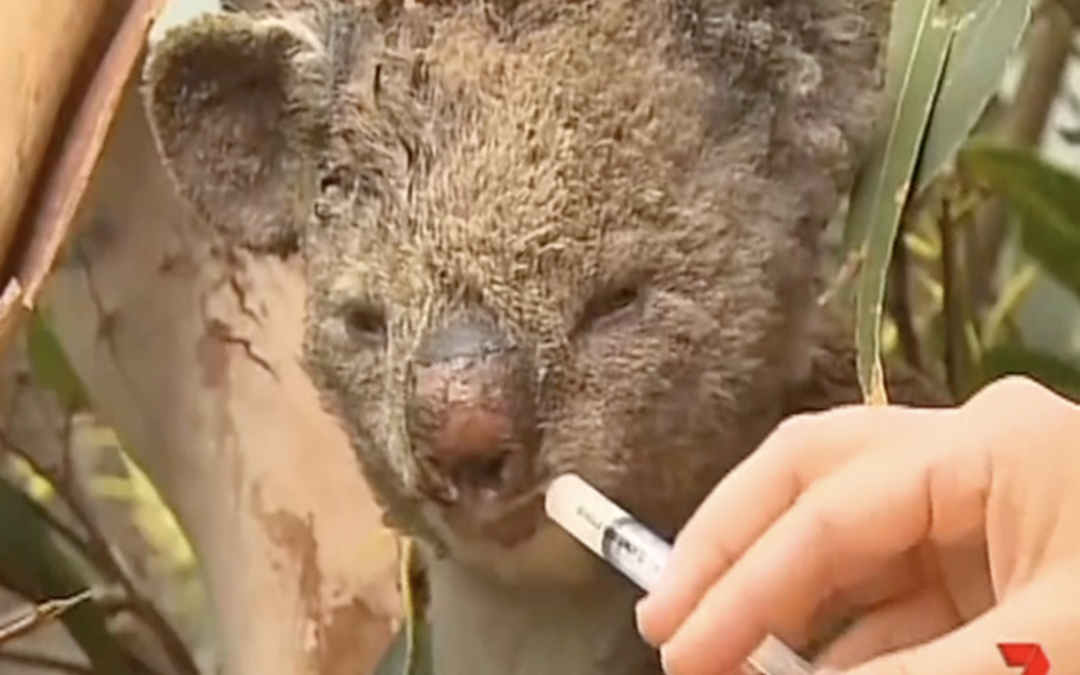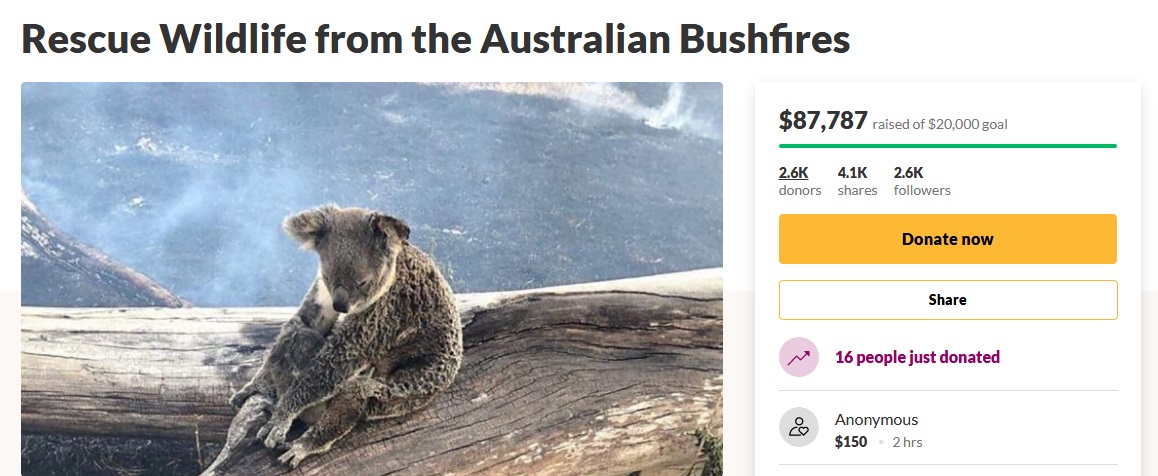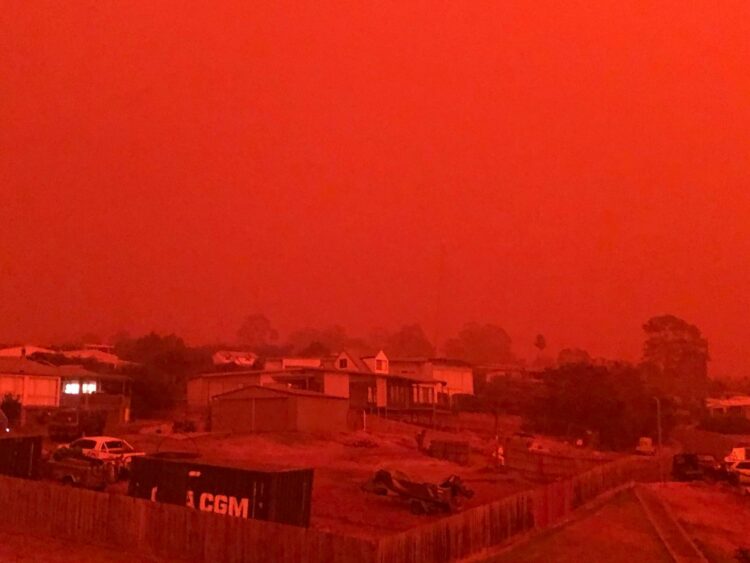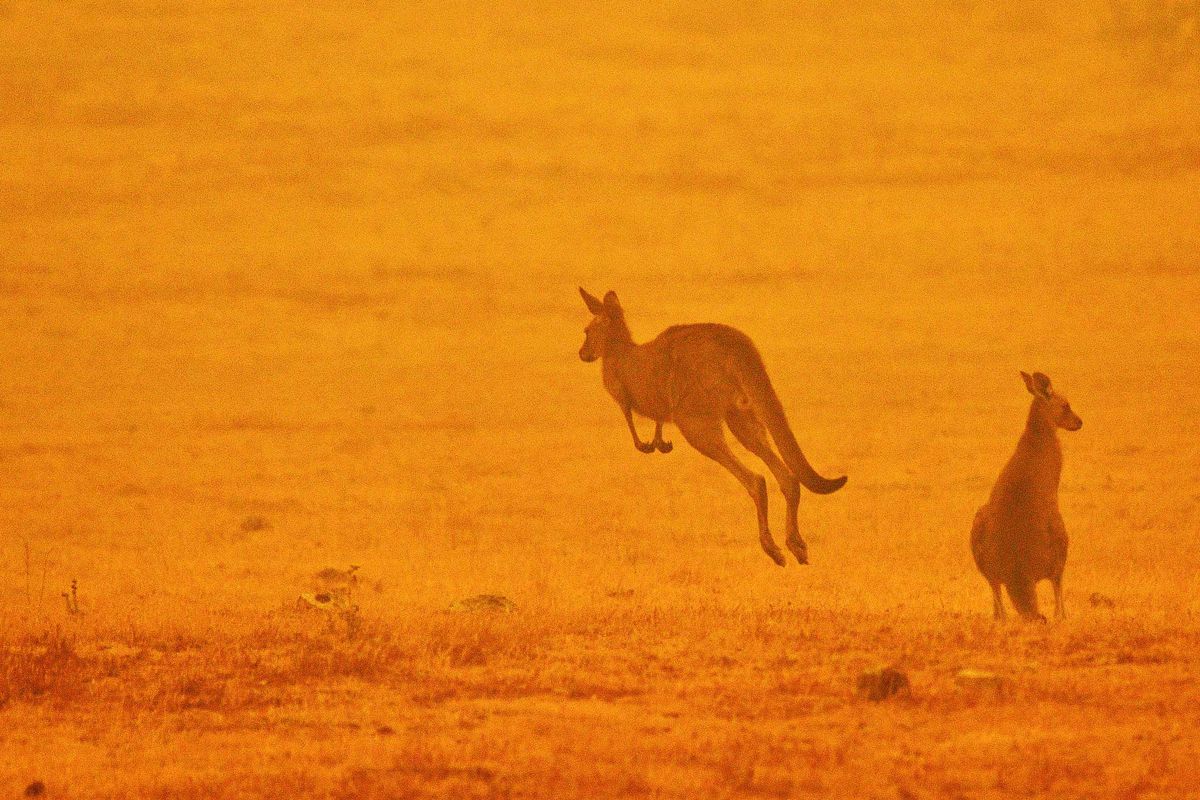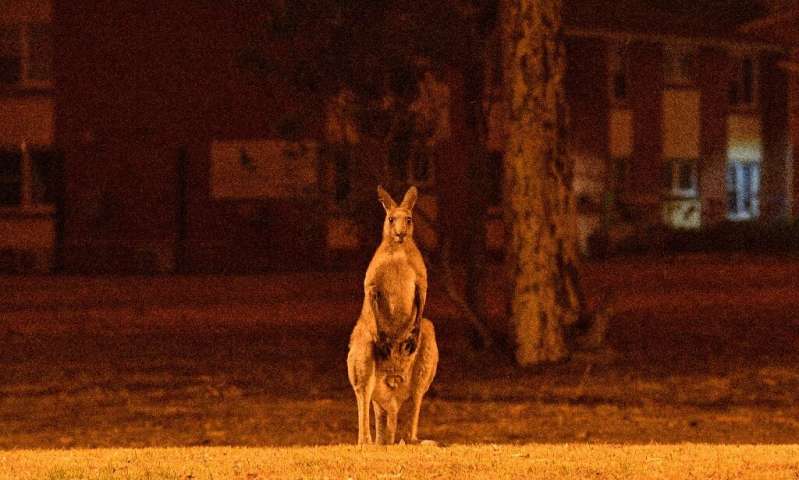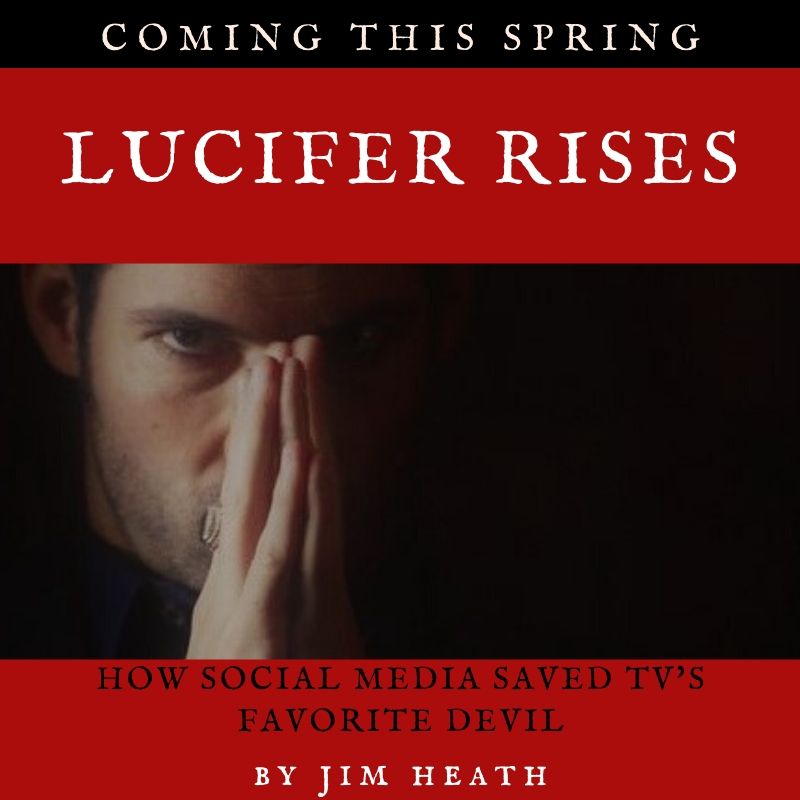Uncontrollable bushfires in Australia have left a staggering number of animals – over a half billion – now dead. The destruction has led Lucifer star Tom Ellis and television and movie screenwriter Meaghan Oppenheimer to take action and ask all Lucifans to pitch in to help.
To help Rescue Wildlife from the Australian Bushfires, Ellis and Oppenheimer, who are married, started a GoFundMe fundraiser that has far surpassed their initial 20K goal.
As of last check, contributions total nearly $88K with all the money collected going to NSW WILDLIFE INFORMATION RESCUE AND EDUCATION SERVICE INCORPORATED.
My wife and I are devastated by the climate crisis in Australia including the 500 million animals that have perished. We have started a GoFundMe page, and all proceeds will go to @WIRES_NSW, a fantastic non profit in Australia helping save the wildlife https://t.co/p826gQDZKa
— tom ellis (@tomellis17) January 6, 2020
The photos of animals dying in Australia right now are breaking my heart. @tomellis17 & I have started a GoFundMe, all $ will go to @WIRES_NSW – a group currently rescuing wildlife from the fires. If you can donate, please do, otherwise please share. https://t.co/c6VIM0RcaA
— Meaghan Oppenheimer (@MoppyOpps) January 6, 2020
Many Lucifans have pitched in to help, including @ChangingChanne1, which is donating 50 percent of proceeds from Lucifer bangles to the effort.
I am donating $10 from each one of my #Lucifer bangles ($20) to @tomellis17’s GoFundMe, in support of @WIRES_NSW and the animals affected by the Australian bush fires. Bangles are stainless steel and come in multiple colours. https://t.co/PgDkeEfMCs pic.twitter.com/q6k4cptaN2
— Changing Channels #VanCon (@ChangingChanne1) January 6, 2020
CLICK HERE TO DONATE!
The fires are a direct result of changing climate patterns across the earth.
Australian National University climate scientist Imran Ahmed said there was a direct link “because what climate change does is exacerbate the conditions in which the bushfires happen.”
Glenda Wardle, an ecologist from the University of Sydney, added: “It’s not every weather event that is the direct result of climate change. But when you see trends, it becomes undeniably linked to global climate change.”
Unseasonably high temperatures and drought over the last three months have contributed to the conditions that have allowed the fires to proliferate.
“One of the key drivers of fire intensity, fire spread rates and fire area is temperature. And in Australia we’ve just experienced record high temperatures,” said Mark Howden, director of the Climate Change Institute at Australian National University.
Parts of the country are bathed in red due to the massive fires.
A report by the Australian Government’s Bureau of Meteorology (BOM) said that last Spring, there was the highest fire weather danger with record high values right across the country.
The wildfires are among the worst to hit Australia since the so-called Black Saturday fires in 2009 which killed 173 people.
The impact on wildlife continues to be felt, with with the University of Sydney estimating that as many as a billion mammals, birds and reptiles have perished.
The group Wildlife Rescue (WIRES) said that the flames have devastated numbers of koalas, possums, kangaroos and wallabies.
“We have lost countless precious lives in these fires and many more are likely to die of their injuries and starvation. The fire affected areas are vast and remote.
“Our beautiful and diverse World Heritage listed National Parks which provide our native wildlife with their best protections have been devastated,” said Vickii Lett, WIRES NSW Koala coordinator.
Fires have hit every Australian state, but New South Wales (NSW) and Victoria — home to the cities of Sydney and Melbourne, respectively — are presently in the worse shape.
Heavy rains and thunderstorms have lashed parts of Australia’s east coast, dousing some of its fires but bringing a new threat of flooding to some areas.
There have been downpours in the states of Victoria, New South Wales (NSW) and Queensland, which have all been badly hit by the bushfire crisis.
Major roads were closed in Queensland and power cuts were reported in parts of NSW as a result of the weather.
But fire officials said the rain was helping to tackle some of the fires.
